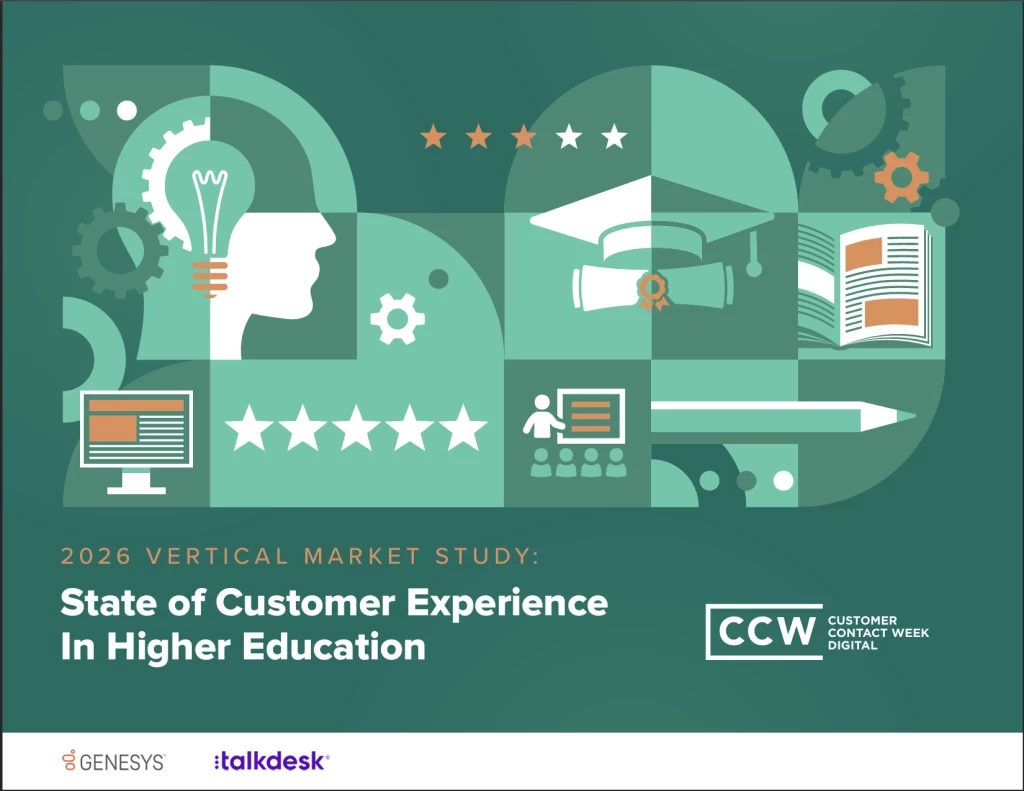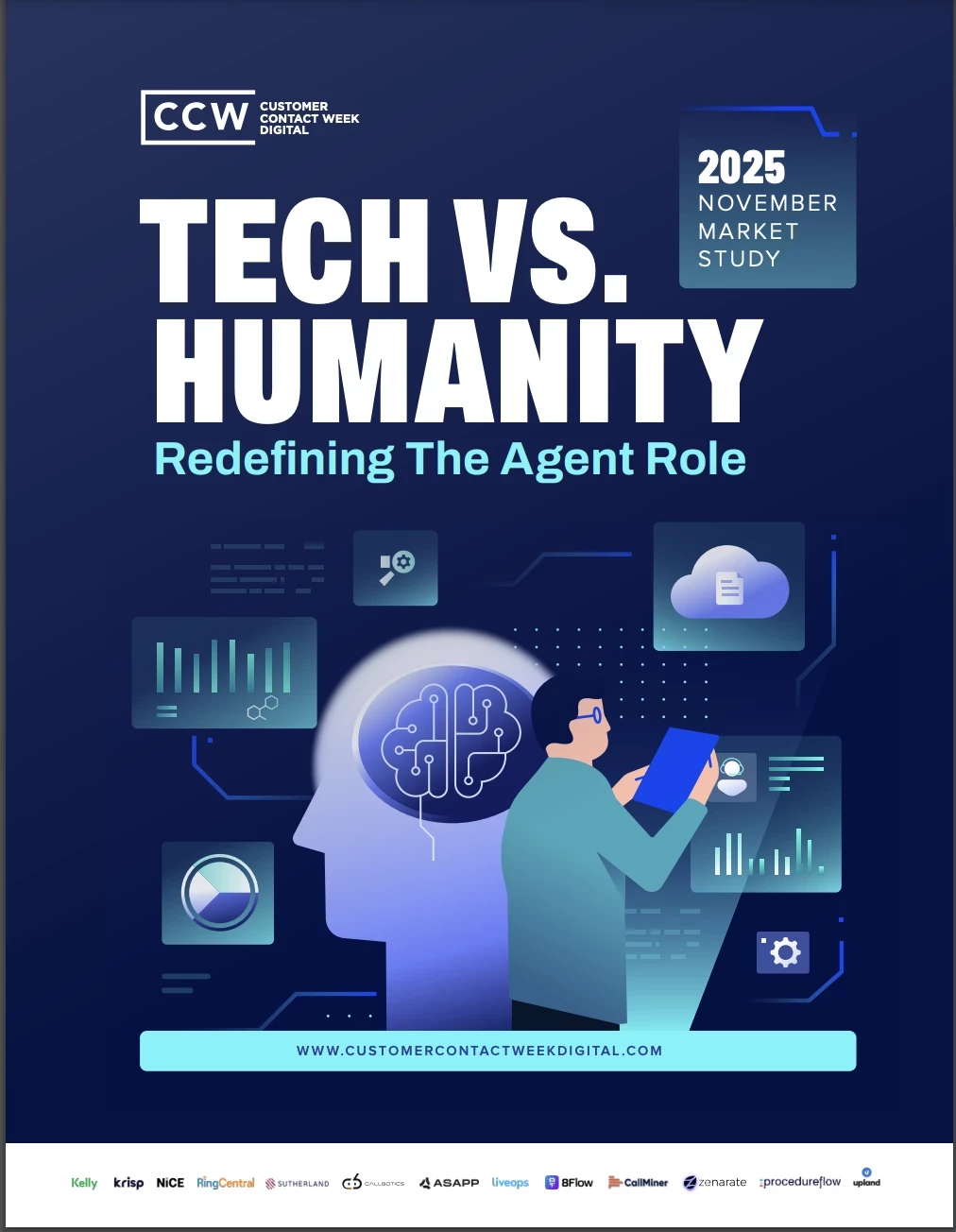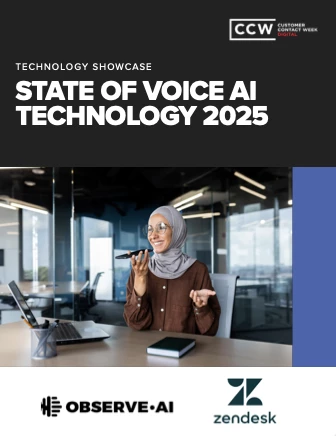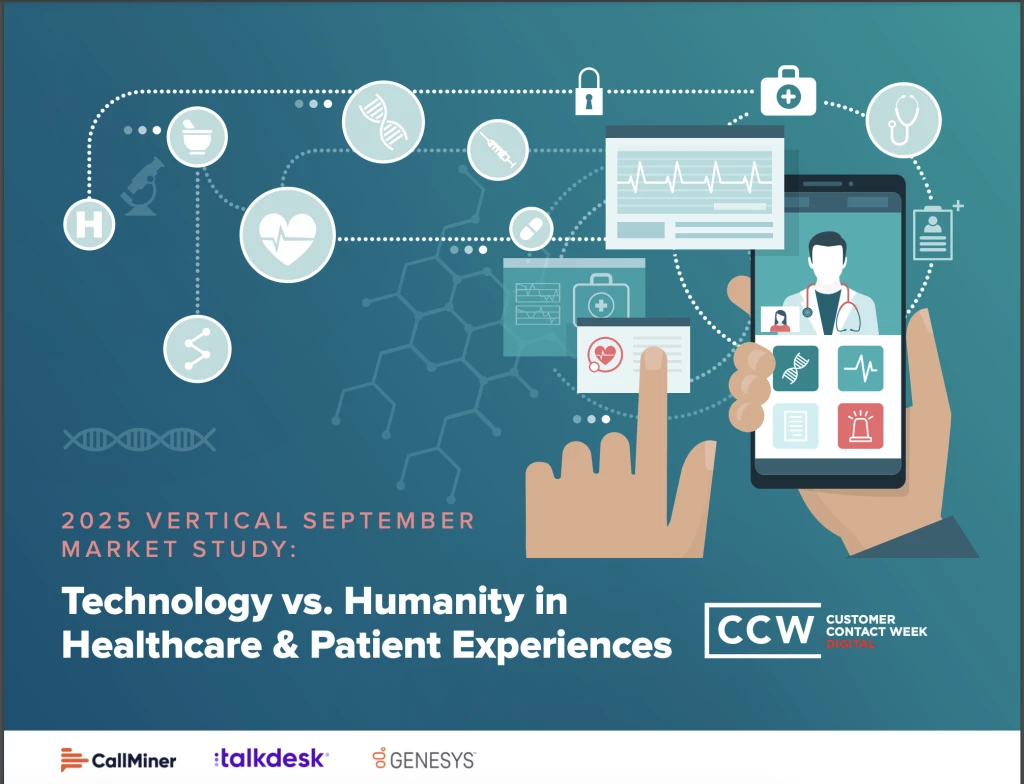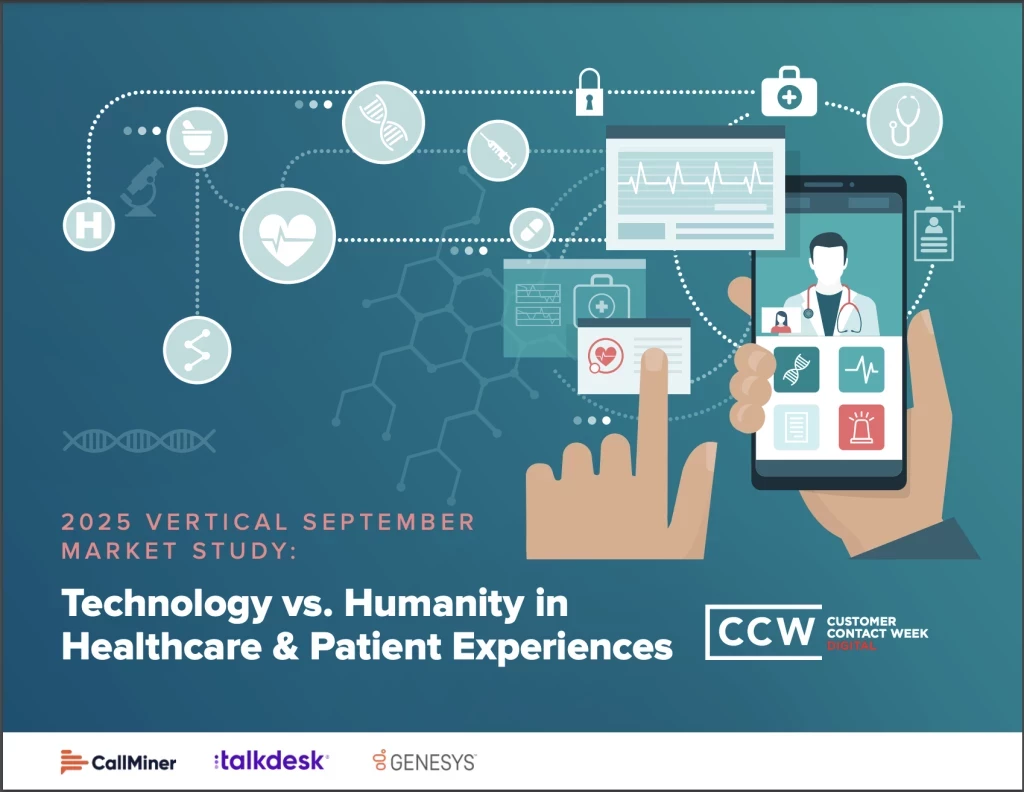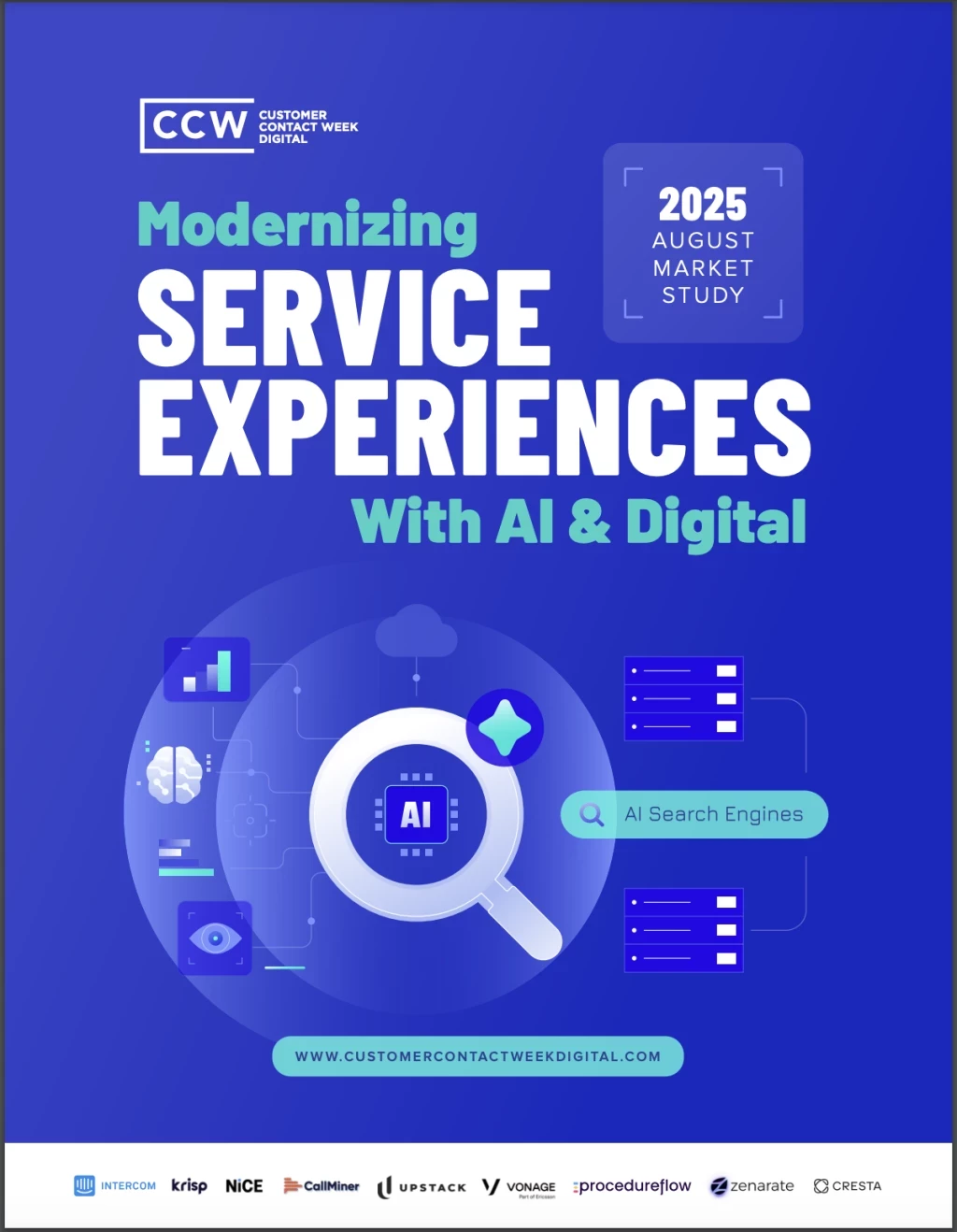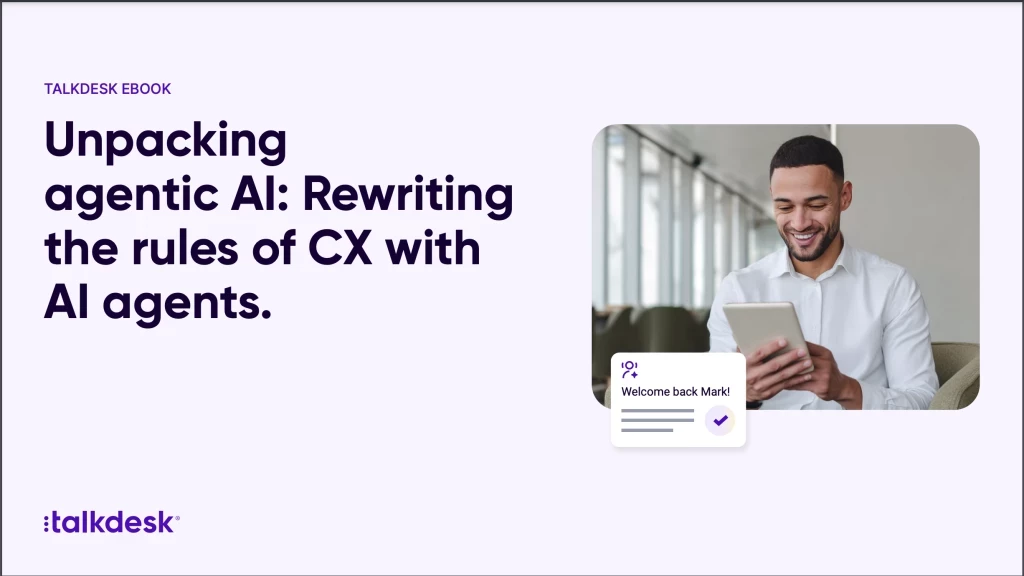Behind the Data: Agentic AI and Generative AI for Customer Contact
Add bookmark
At this point we’ve come to expect discussions of how AI can improve CX to be more theory than fact. The “powerful capabilities” of AI often sound like conjecture without real-world case studies to validate them. Now almost two months into 2025, the pool of CX professionals with hands-on AI experience has grown significantly. The CX marketplace has AI filling all sorts of roles, taking on inefficiencies and assisting customers and employees alike in reaching solutions faster and more accurately.
At the center of this forward momentum are agentic and generative AI. In CCW Digital’s most recent market study, we polled CX professionals on their experiences and perceptions of these technologies. Following a comprehensive analysis, we uncovered some interesting trends about how AI has leveled up customer service and what we can expect this year.
AI in 2025
There’s plenty of noise about AI in CX, but 2025 appears to be the year its transformative nature is realized in our industry, due in no small part to the advent of agentic AI.
- 57% of leaders trust the quality of AI service more than last year
- 37% of leaders are unfamiliar with agentic AI, a figure we expect to drop dramatically this year as a plethora of agentic products hit the market
- The top pain points for leaders come from misaligned expectations: AI is more expensive, more difficult to implement, and more challenging to integrate with internal systems than anticipated
Addressing Customer Concerns
Historically, customers have expressed frustration with subpar AI and unhelpful chatbots. Still, self-service is extremely popular with customers when it’s done well.
- The biggest focus for AI investments in 2025 will be customer-facing use cases, with just shy of half of respondents prioritizing AI-based self-service
- Leaders acknowledge there is still much room for improvement with self-service, with simpler functions like capturing customer feedback and gathering customer data more reliable than complex CX objectives like predicting customer needs and personalizing their experiences
The Evolving Agent Role
Trends continue to point towards customer-facing AI being used for “simple issues” while the more complex work is left to human agents.
- The most common measure of AI success will be an increase in self-service utilization and/or reduction in live agent volume
- Of the cases analyzed, leaders were most impressed with AI platforms’ ability to free up employees for higher value work
- The majority of organizations still prioritize the ability for customers to connect with a live agent on request, but 49% of leaders believe requiring customers to begin their journey with AI is fine
Looking Ahead
2025 will certainly be a pivotal year for AI in CX, but long-term success is reliant on the actions taken today to ensure that implementation is meaningful.
- Opinions remain mixed on whether AI should seek to emulate a humanistic experience, with 18% of leaders believing efficiency and ease outweigh a personal touch, and another 33% seeing merit in personalization but not conversationality
- 67% believe AI agents will be more resonant with customers than traditional chatbots
- The most essential component for successful AI adoption was reported to be a guarantee that transfer to a live agent is easy and accessible
Get access to all of the data in the State of Generative and Agentic AI market study along with CCW Digital analyst commentary here.






















